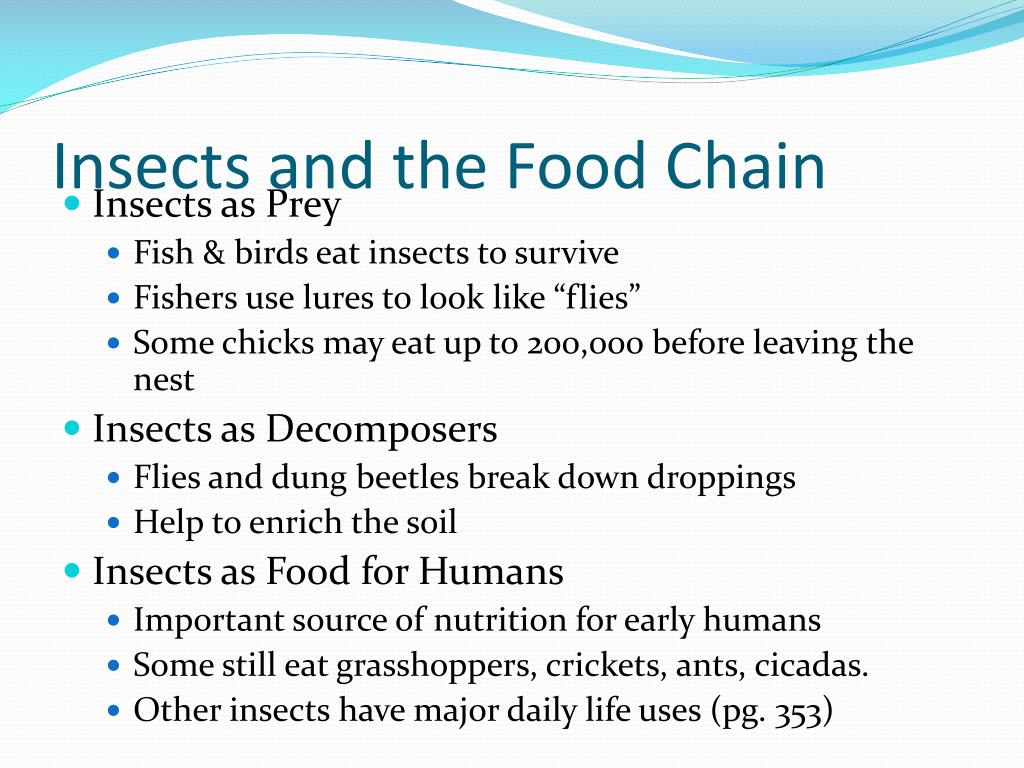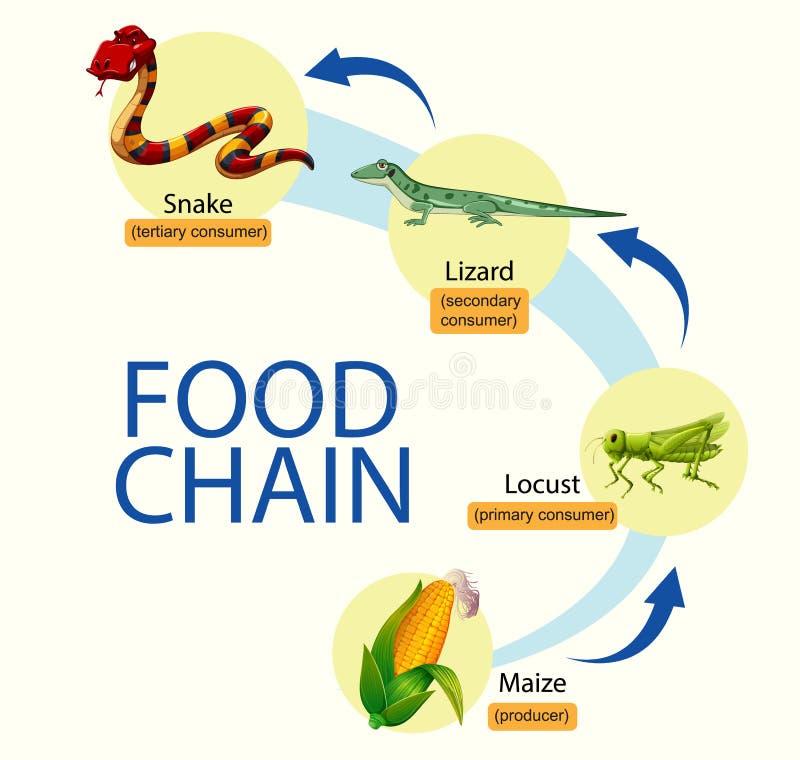eFood Vol 4 No 1 Biology Diagrams Insects play a crucial role in the food chain, consuming dead and decaying matter to recycle remains back into the Earth. They serve as food for many other animals on the food chain, which derive energy from producers like plants and fungi. Insects can contribute to food security and be part of the solution to protein shortages due to their

Why are insects important in the food chain? They provide amphibians, reptiles, birds and some mammals with a critical source of food. Some humans also consume insects, and use insect parts for economic and social activities. Insects play critical roles in plant and flower life. What kind of food does an insect eat?

What is the role of insects in a food chain? Biology Diagrams
Insects appear on the highest levelof the food chain: they classify as primary or secondary decomposers, depending on the species, and help to break down organic material such as wood, leaves and plants. Insects consume dead and decaying matter, essentially recycling remains back into the Earth, and serve as food for many other animals on the food chain too. They follow consumers on the food

Insects in Food Chains: Fact: These ants "farm" aphids who get food by sucking the sap from plants. They give some of this to ants in the form of honeydew in. oumnh.ox.ac.uk: Eat and be eaten: the fundamental role of insects in … Insects occupy essential positions in the food chain. The grasshopper eats the plant, the bird eats the

Insects in the human food chain: global status and opportunities Biology Diagrams
The insect food chain is a complex network of interconnected organisms, each playing a vital role in the ecosystem. Plants, as producers, convert sunlight into energy through photosynthesis. Herbivores (primary consumers) feed on plants, while carnivores (secondary consumers) hunt and eat herbivores. At the top of the food chain, apex predators control populations of other animals.

The insect food chain is a complex web of interconnected species, spanning from primary consumers (herbivores) to tertiary consumers (omnivores). Herbivores feed on plants, while carnivores prey on other insects. Omnivores, such as ants and cockroaches, consume both plant and animal matter. Decomposers play a crucial role in nutrient recycling by breaking down dead organisms.
